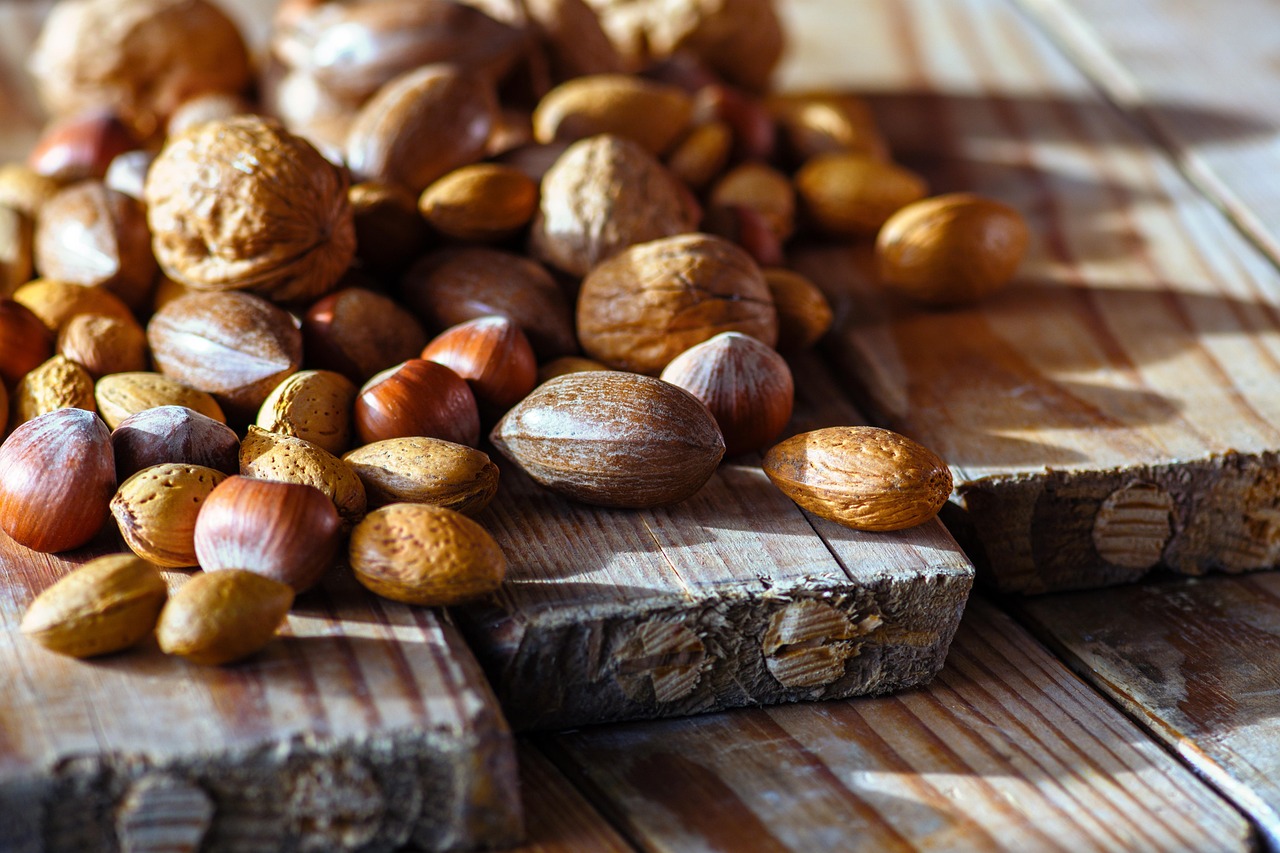“`html
In today’s health-conscious world, the high-protein diet has gained substantial attention for its numerous benefits. People are increasingly looking for effective ways to enhance their fitness, manage their weight, and improve their overall health. A high-protein diet not only caters to these needs but also offers various advantages, from muscle growth to better satiety. In this blog post, we will explore what a high-protein diet entails, its benefits, how to effectively incorporate it into your lifestyle, and some practical dietary examples.
What is a High-Protein Diet?
A high-protein diet is one that emphasizes the intake of protein-rich foods while limiting carbohydrates and fats. Protein plays a critical role in the body, contributing to muscle development, repair, and overall physiological functions.
Recommended Protein Intake
The recommended daily protein intake varies based on individual needs, including age, sex, physical activity level, and health goals.
- General guideline: 0.8 grams of protein per kilogram of body weight for sedentary adults.
- Athletes or highly active individuals: 1.2 to 2.0 grams per kilogram of body weight.
- Older adults: May benefit from increased protein intake to prevent muscle loss.
Benefits of a High-Protein Diet
Embracing a high-protein diet can lead to various health benefits. Here are some of the most significant advantages:
1. Weight Management
- Protein increases satiety, helping you feel fuller for longer.
- It can boost metabolism by requiring more energy to digest compared to fats and carbohydrates.
- A high-protein intake helps maintain muscle mass during weight loss.
2. Muscle Growth and Repair
- Protein provides the necessary amino acids for muscle repair and growth.
- It supports recovery after strenuous workouts, reducing muscle soreness.
- Combining protein with resistance training can lead to increased muscle strength.
3. Improved Metabolic Health
- High-protein diets can help regulate blood sugar levels.
- They may assist in managing cholesterol levels and reducing the risk of heart disease.
- Some studies suggest a correlation between increased protein and improved insulin sensitivity.
Incorporating More Protein into Your Diet
Here are practical tips for effectively incorporating more protein into your daily food intake:
1. Select Protein-Rich Foods
- Animal-based sources:
- Meats: chicken, turkey, beef, and fish.
- Dairy: yogurt, cheese, and milk.
- Plant-based sources:
- Legumes: lentils, chickpeas, and beans.
- Nuts and seeds: almonds, chia seeds, and pumpkin seeds.
2. Smart Meal Planning
Planning meals can make a significant difference in achieving your protein goals:
- Include a source of protein in every meal and snack.
- Prep meals in advance to ensure high-protein options are readily available.
- Experiment with high-protein recipes to keep meals exciting.
Potential Drawbacks and Considerations
While high-protein diets offer many benefits, there are some considerations to keep in mind:
1. Nutrient Balance
It’s crucial to maintain a balanced diet. A diet excessively high in protein might lead to:
- Deficiency in other essential nutrients if not enough fruits and vegetables are consumed.
- Risks related to kidney function, particularly for individuals with existing kidney issues.
2. Choosing Quality Protein Sources
Not all protein sources are created equal. Aim for:
- Lean meats and fish.
- Plant-based proteins rich in fiber.
- Avoiding processed meats high in saturated fats and sodium.
Conclusion
A high-protein diet can be a powerful tool for improving health, managing weight, and forming lean muscle. By understanding how to incorporate quality protein sources into your meals and recognizing potential drawbacks, you can make informed dietary choices that align with your personal health goals. Whether you’re an athlete seeking muscle gain or an individual looking to enhance metabolism, a high-protein diet can provide the foundation you need for optimal results.
“`






